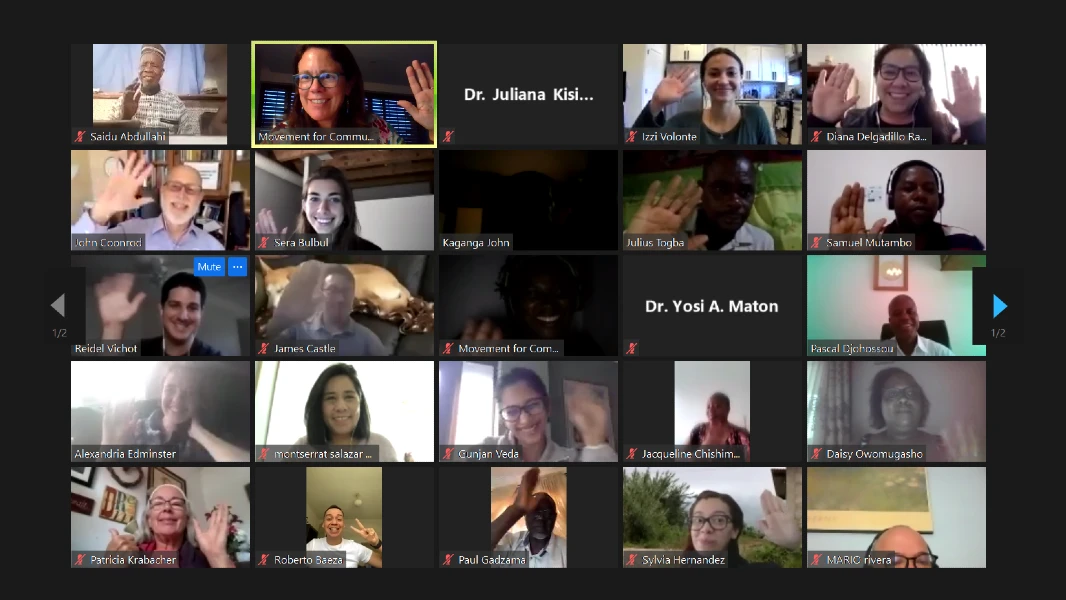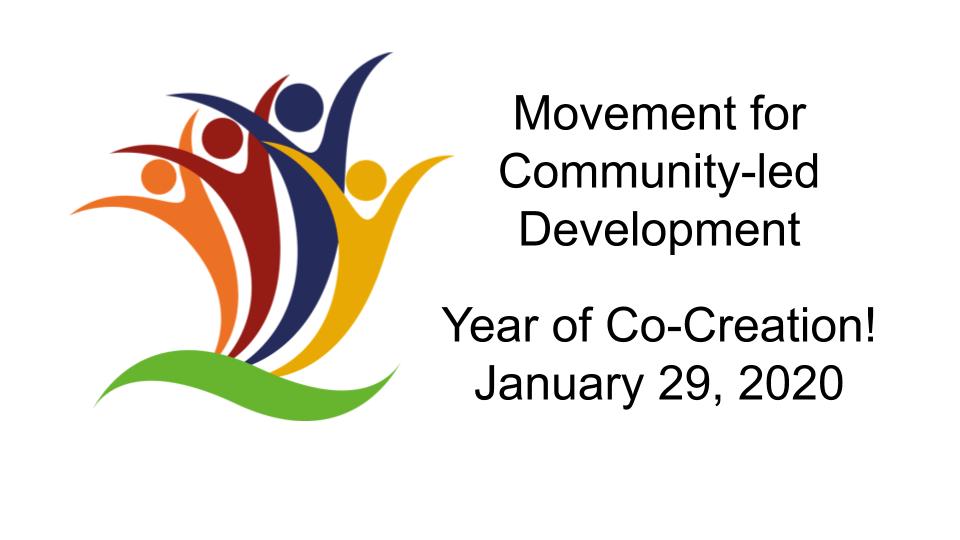Category: Case Studies
-
Peer Learning Across Countries

Our national chapters comprise more than 1,000 community-based organizations and many networks. Each month they meet at the national and global level — often with topical guest speakers. This month chapter leaders themselves presented strategies and priorities, and Benin presented a case study of successful influence with the health ministry and Benin’s national response strategy.…
-
#WorldRefugeeDay: Refugees are Community Leaders

By Mary Elizabeth Margolis, Senior Director of Communications, Church World Service We often hear about the unbelievable challenges refugees face in their journeys to find safety. Refugees fleeing violence and persecution risk everything for the hope of safety and a bright future for their children. Once they escape immediate danger, rather than open arms they…
-
#WorldEnvironmentDay – Communities are the key!

Happy World Environment Day! Rural communities are playing a vital role in restoring our natural environment – they are the people most dependent on a vibrant, sustainable environment. Watch how former poachers change their ways through community action. Image iStock: Rusanovska Read more on how community-led development and nature conservation go hand-in-hand in Malawi.
-
Stopping As Success: January 2020 MCLD Meeting

Grace Boone of CDA Collaborative and David Yamron of Search for Common Ground were the special guests at our meeting today, briefing us on a project central to Community-led Development – “Stopping As Success: Transitioning to Locally Led Development.” The project website here has just gone live, and will feature 20 case studies and tools.

